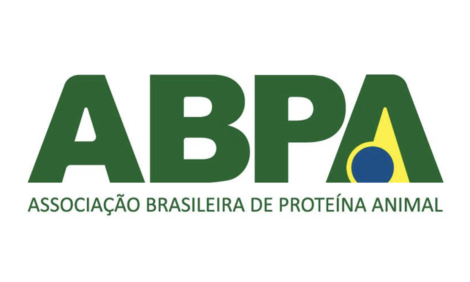



African Farmers Missing Global 'Livestock Revolution'
AFRICA - African farmers are missing out on a global boom in demand for meat products because of out-of-date international regulations.New research suggests practical options to unlock the potential of the southern African livestock industry and help millions lift themselves out of poverty through trade.
These new “win-win” options for livestock standards and market access would allow farmers to export safe, high quality products to lucrative international markets without increasing the risk of spreading animal disease, such as foot-and mouth.
* "If the full benefits of the 'livestock revolution' are to be captured in southern Africa, new responses and capacities must be developed and inappropriate and out-dated policies must be abandoned." |
|
Professor Ian Scoones of the Institute of Development Studies.
|
Ahmadu Babagana, Director for Rural Economy and Agriculture, African Union Commission said of the new research: "If the global policy commitments to support Africa’s development are to become real, the international community must understand the potential of new product standards to increase market access for developing countries without increasing risks. This requires renewed commitments from governments and a review of international standard-setting policies.
"If this is done, huge potentials could open up for Africa, particularly southern Africa, attracting new markets and trading partners, private investment for new production technologies and the provision of ethically produced and sourced foods to niche markets. At the African Union, we see a rethink of policies towards livestock production, disease management and control and trade as central to such efforts."
Over the past 18 months, studies in South Africa, Namibia, Botswana and Zimbabwe have investigated the economic, social and political trade-offs of different scenarios for gaining market access and controlling livestock disease. The research recommends a range of options that can be mixed and matched to support the beef industry, instead of a one-size-fits-all solution for every country.
Options for market access include: trade with the European Union; direct exports to large retailers; export to emerging markets, particularly Asia; regional trade in southern Africa and domestic urban and rural markets. They can be combined with practical disease control options and a more integrated and coordinated approach at regional level.
For example, current European-led 'zero-tolerance' standards insist on disease-free regions, but are too costly and impractical for poor farmers to put in place. Instead, the new research advocates options based on the safety, quality and processing of meat products. Milk, butter, cheese and deboned beef can be traded safely if processing methods are effectively regulated instead of the country’s disease status.
Over-reliance on old colonial trading networks means rapidly growing new markets are being ignored. Demand for meat products is soaring, particularly in China where annual consumption of meat has risen from an average of 20kg/person to 50kg/person since 1985. While global meat and milk production set to double by 2050, according to the United Nations Food and Agriculture Organization.
But massive growth in industrialised production from Brazil and China (for meat) and India (for milk), coupled with Latin America’s superior regional co-ordination and market intelligence, is far outweighing anything Africa can offer: African countries contribute just two per cent of global trade in livestock products. Each year Africa imports US$2.2billion more livestock products than it exports, and this deficit is increasing.
This new research advocates a more joined-up approach, linking regional and governmental support to private sector initiatives. Africa has been poor at negotiating trade standards with international bodies such as the World Animal Health Organisation (OIE), World Trade Organisation (WTO) and European Union. A proper place at the table is needed, and needed now.
Unless changes are urgently made, southern Africa risks missing out on the opportunity to benefit from the global 'livestock revolution' and farmers will lose the chance to trade their way out of poverty.
"A major policy rethink is needed. If the full benefits of the 'livestock revolution' are to be captured in southern Africa, new responses and capacities must be developed and inappropriate and out-dated policies must be abandoned," said research co-ordinator Professor Ian Scoones of the Institute of Development Studies, UK.








